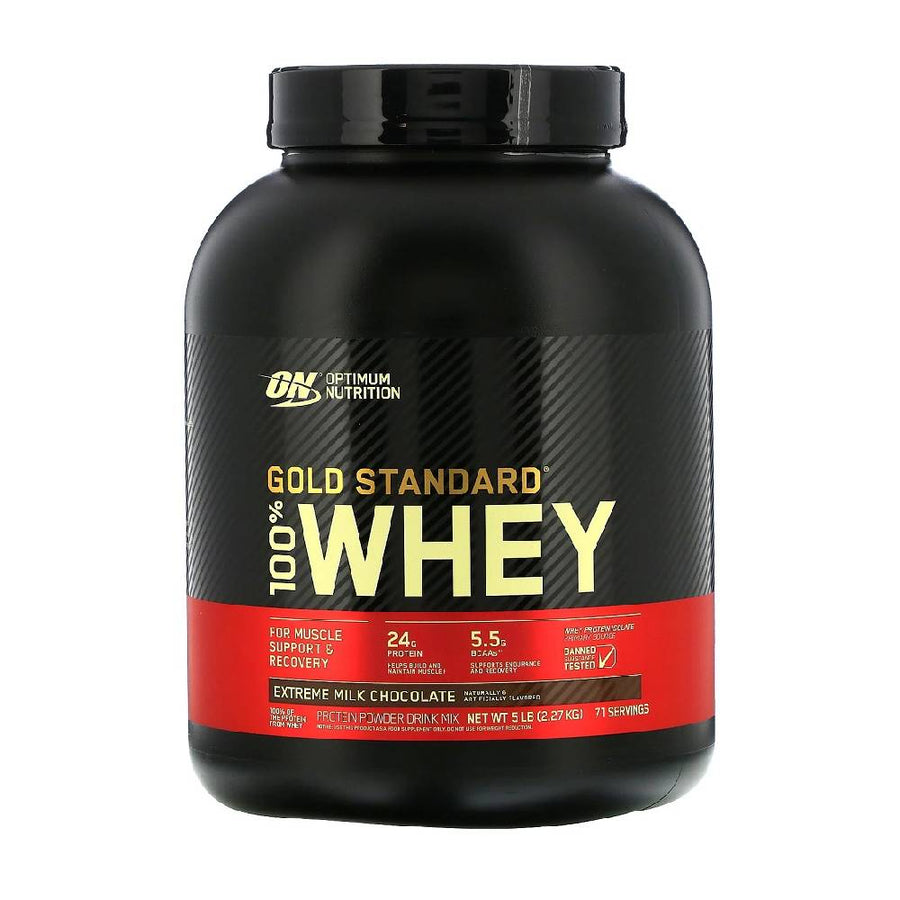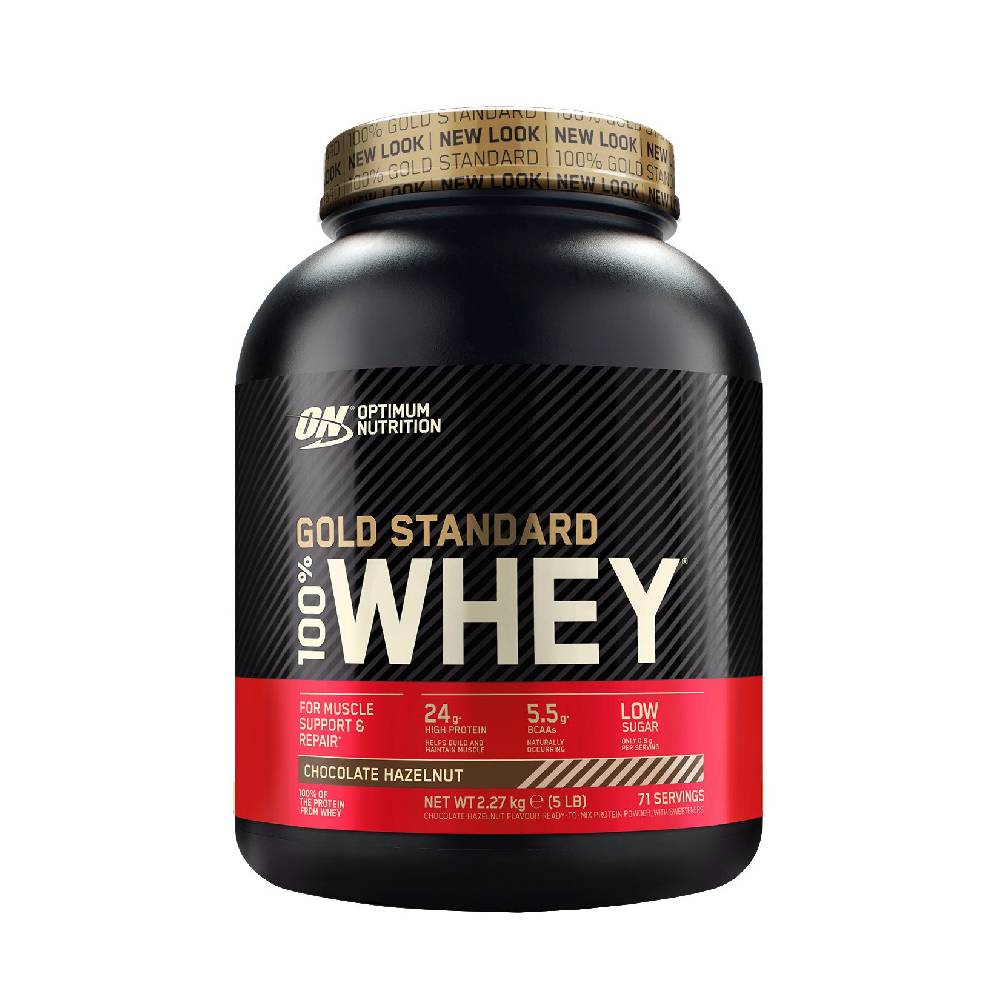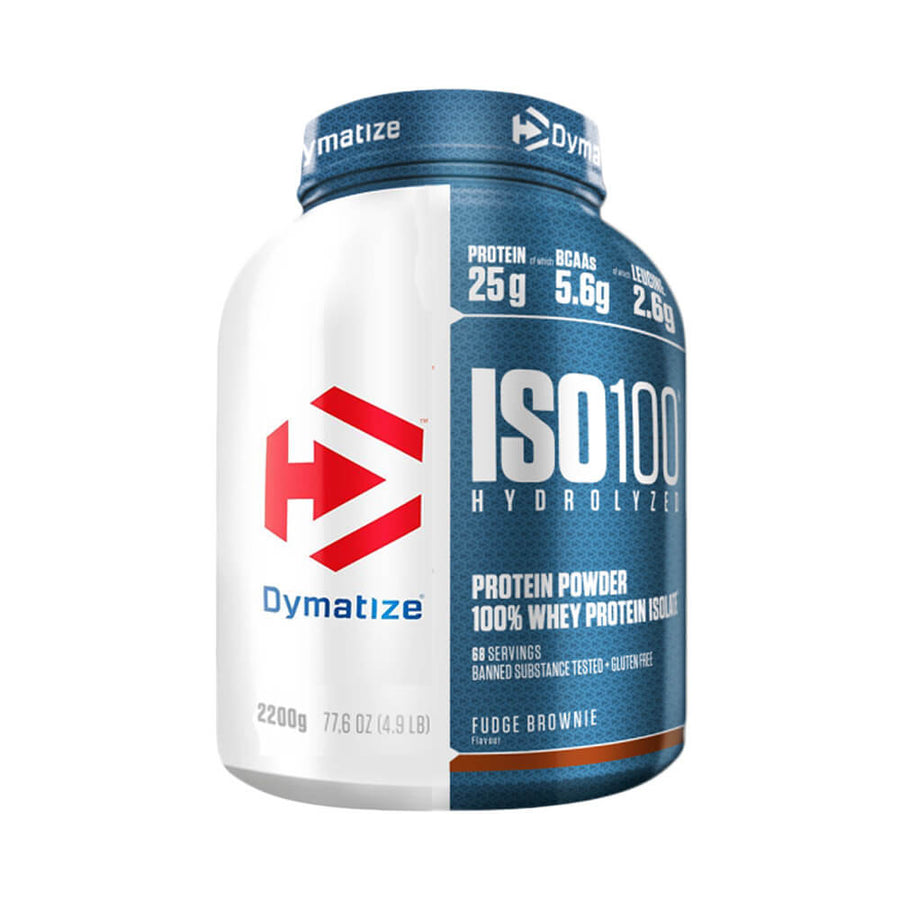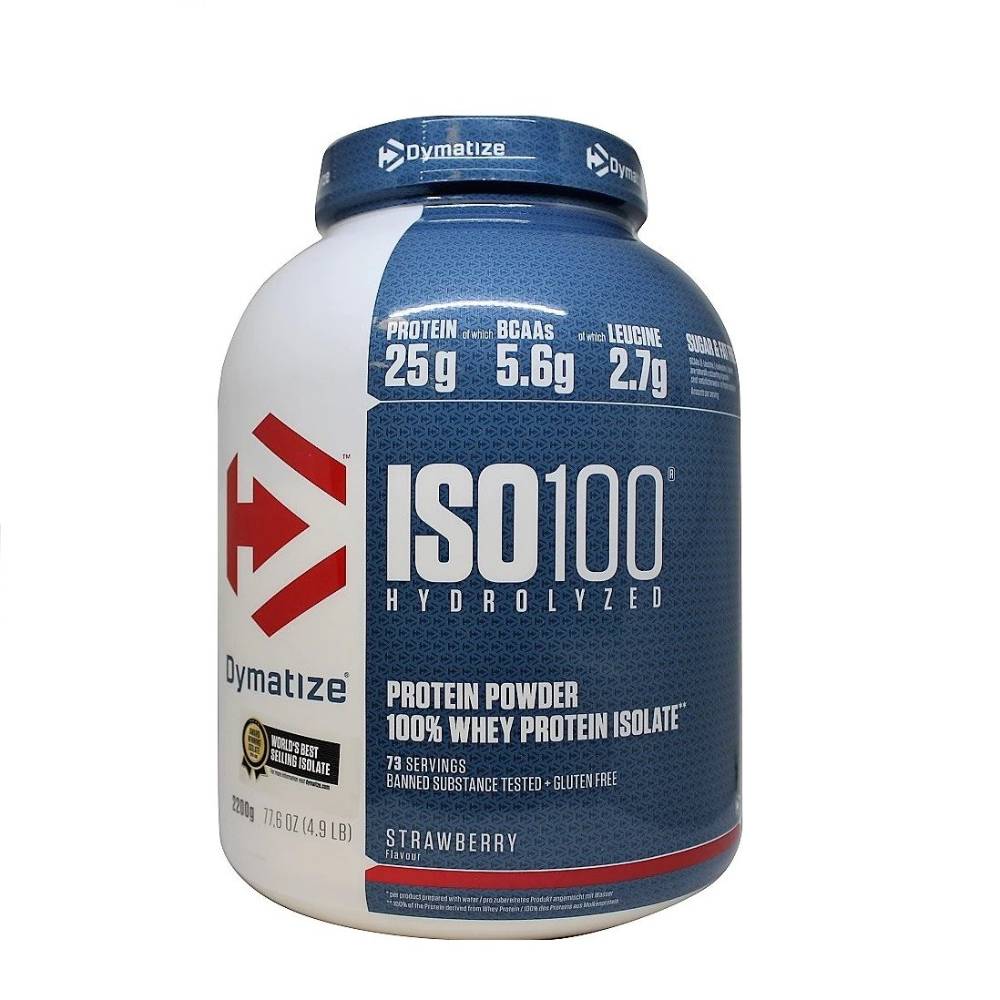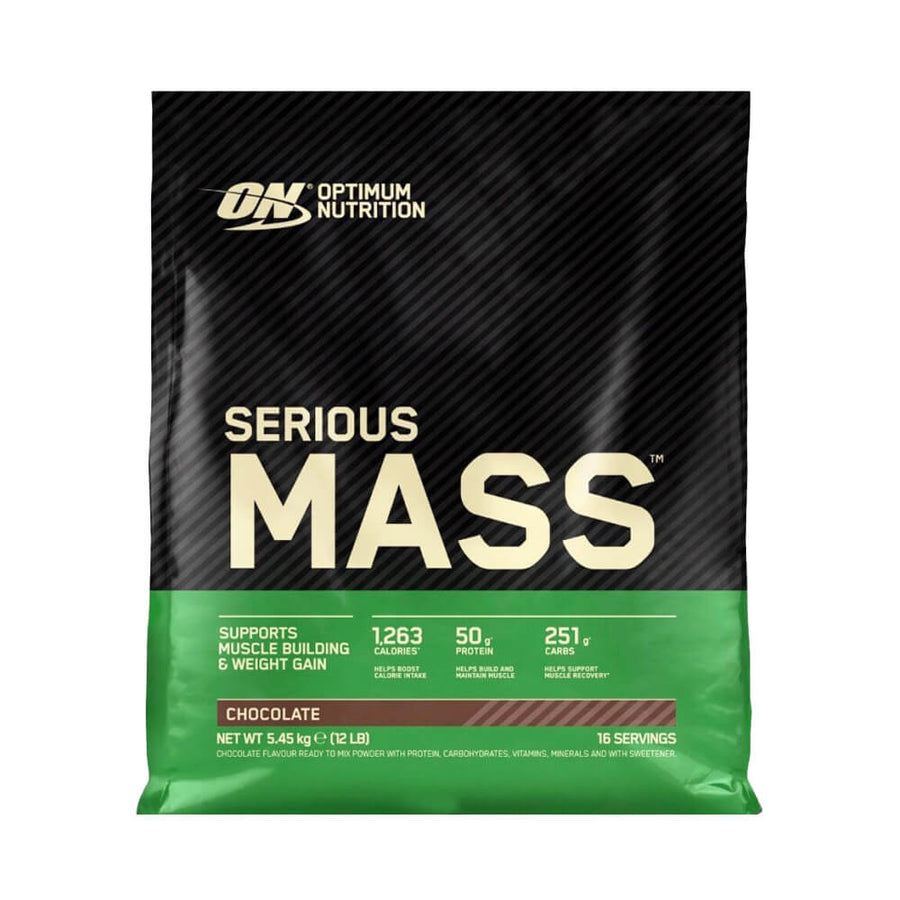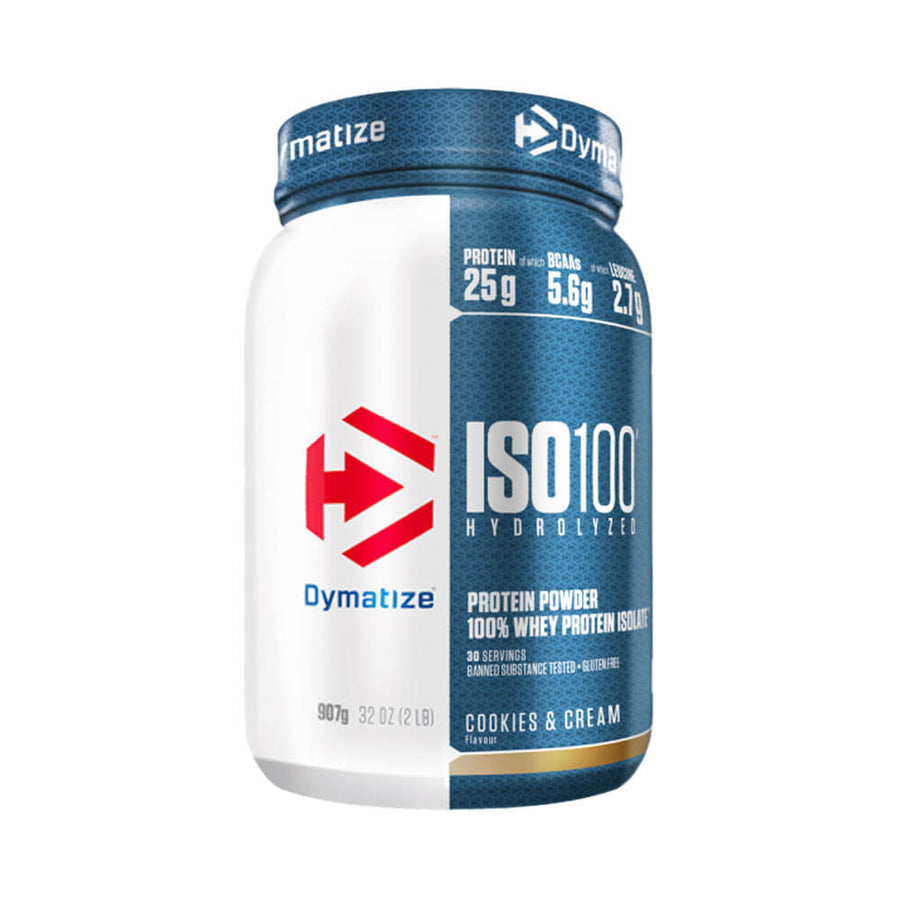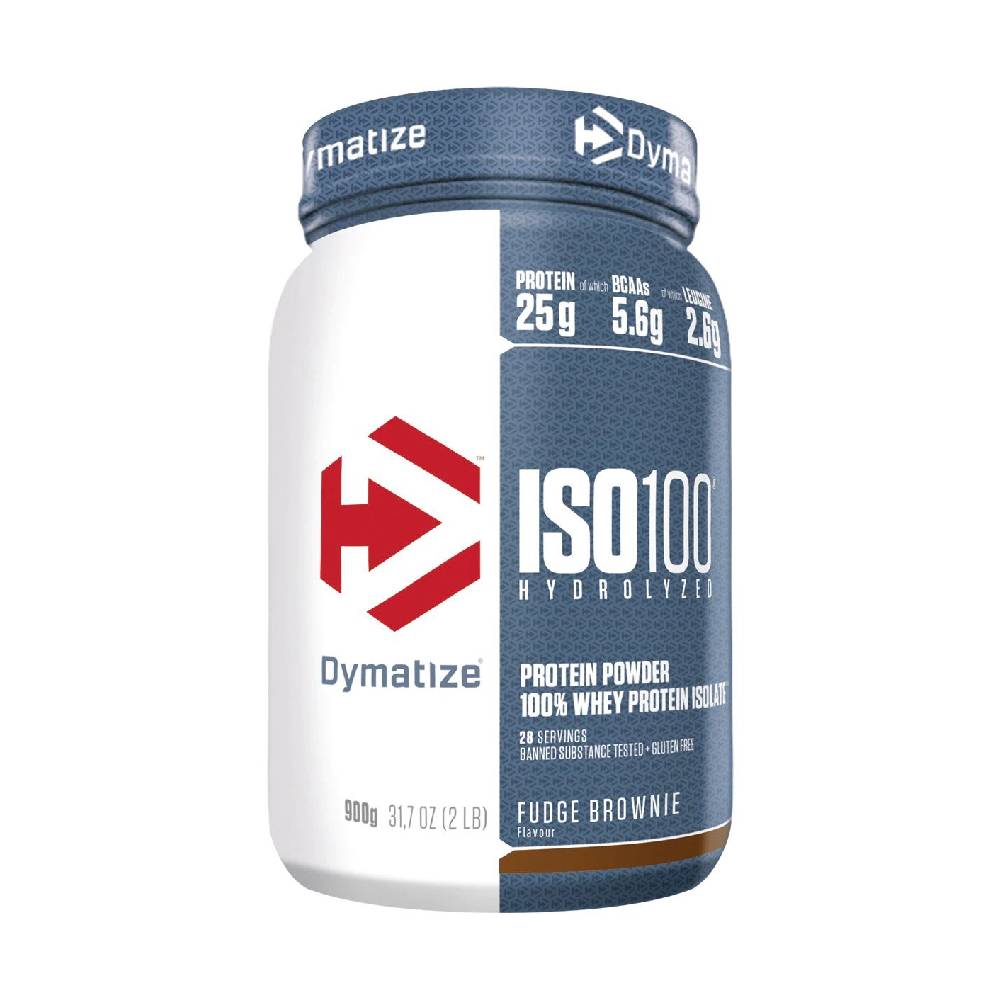Nutrition of athletes and the connections between adequate nutrition and athletic performance

Nutrition has a significant influence on the athletic performance of athletes. It is no longer a secret that nutrition is a science in itself, especially regarding the contribution that the optimal choice of food has on performance, physical recovery after appreciable efforts, and, in general, on ensuring optimal energy for the functioning of the body in conditions of physical and mental stress.
On the other hand, it is already known that the metabolism is modified by the variation of the athletes' physical performances, and the consumption of nutrients is influenced by the metabolic rate. Since even the smallest changes in metabolism are essential for athletes, scientific nutrition can easily be framed within the medical sciences. Thus, a series of standards and protocols can be applied within the measurements of the physical and physiological parameters of an athlete in order to minimize the errors that may appear in such evaluations.
The nutrition of athletes is therefore essentially based on the physical study of the body in order to come up with an optimized nutritional plan for training periods, effective participation in a sports competition and recovery after the event. This plan has a role to optimize athletic performance but also to prevent the onset of fatigue.
In this article you will find out more details about the diet and nutrition of athletes and the connection between sports and a healthy diet.
content
- Nutrition of athletes - basic elements of the connection between nutrition and sport
- Athletes' diet - energy requirements and some rules to follow in specific cases
- Healthy eating and sports - the importance of an optimal feeding regime for the body under physical stress
- Sports nutrition - benefits and contraindications of hormonal or other types of supplements
1. Nutrition of athletes - basic elements of the connection between nutrition and sport

The central role of athletes' nutrition is to provide basic support to the body in conditions where it is subjected to regular and intensive physical training. The essence of nutrition consists precisely in restoring energy reserves and in recovering the body between sessions of intense physical exertion. Of course, rest and, above all, quality sleep , are important elements for physical recovery and even for increasing performance, but nutrition still plays a key role in the successful adaptation of the body to the effects of training.
The relationship between nutrition and sport is one with a double meaning. Thus, on the one hand, training that leads to an increased physical level on the basis of the production of metabolic effects. One of these adaptive effects is the increase in the overall capacity of the muscle fibers to carry out oxidation processes, especially regarding the oxidation of fatty acids. Repeated training thus leads, over time, to a preferred orientation of metabolic burning towards fats. There will thus be an increased need for oxygen in the body for a maximum yield during the effort. If the amount of available oxygen is limited, carbohydrates become a much more efficient source of energy than fats, these being only some of the options that muscle fibers can access to provide the energy needed for intense physical effort.
On the other hand, nutrition and sport influence body conformation and genetic behavior. Thus, the response to consistent physical effort that the genes responsible for proteins can give is influenced by the nutrients absorbed, the metabolic rate and, of course, the hormonal mix. All these variables can be modified depending on the nutrition before training, during training and after training.
There is enough solid evidence that ingesting a moderate amount of protein or amino acids after a workout can lead to protein synthesis by the body for a period of up to 24 hours after the sports session has taken place.
In this way, increasing muscle mass is an objective that can be achieved somewhat more easily.
Nutrition for athletes can be established following preliminary evaluations of each individual through the lens of a general medical check-up, a muscle and bone examination and, last but not least, a psychological evaluation. It should be remembered that the nutritional needs of athletes are not static, fixed norms, but can even change from one day to the next, from one season to another and several times over a longer period of activity uninterrupted sport.
The key element for obtaining results in the field of sports is the fragmentation of training in well-chosen periods of time. At the same time, it is equally important to divide the food into periods of time that combine harmoniously with the training times.
2. Athletes' diet - energy requirements and some rules to follow in specific cases
One of the golden rules of sports nutrition is that athletes, regardless of age, need a sufficient energy intake to cover the standard daily energy consumption, the consumption of the sports activity performed but also the consumption necessary for the body to increase muscle mass and repair muscle tissue. damaged during sustained efforts. In addition, sportswomen must also cover the energy cost of menstruation. Also, the adolescent athlete's body still has to cover the constant energy cost of an organism in full development.
In order to maintain muscle mass and body shape, it is necessary that the energy intake from food equals the total energy consumption. Moreover, it is necessary that the intake of proteins, carbohydrates and fats can cope with the metabolic rate or the oxidative processes of each athlete's body.
The balance of sports nutrition is quite delicate because small changes in the amounts of macronutrients consumed and their oxidation processes in the body can lead to morphological changes in the body. For example, focusing on the consumption of proteins and carbohydrates stimulates the metabolic burning of these nutrients. On the other hand, increasing the amount of fats consumed does not necessarily lead to their immediate oxidation but, in particular, to their storage in the form of adipose tissue.
That is why it is very important to know the role of each macronutrient in the diet in sports nutrition.
Carbohydrates play an important role in the overall nutrition of athletes because they are a main source of energy for the body. But, in order to achieve sports performance, it is necessary to know the amount of carbohydrates that can be consumed throughout the day.
The required amount of carbohydrates is influenced both by the intensity of the sports activity and by external factors, among which the ambient temperature plays an important role. Thus, a sports competition held during a hot day will lead to an increased need for carbohydrates to provide the athletes with the energy they need. The same competition held in the evening, at a lower temperature, but for the same duration of time will require a smaller amount of carbohydrates.
It is also necessary to differentiate between simple and complex carbohydrates. Simple carbohydrates are represented, as a rule, by simple sugars (monosaccharides) from the range of fructose, or by double sugars (disaccharides) from the range of lactose and sucrose. The consumption of simple carbohydrates leads to a rapid increase in the level of sugar in the blood, but just as quickly the energy level of the body will decrease.
That is why it is recommended to include complex carbohydrates in an athlete's diet, with particular emphasis on whole grains, vegetables, oats, brown rice, beans, bulgur and of course fruits that bring an optimal supply ofvitamins and minerals to the body. Of course, depending on the deficiencies found during regular medical check-ups, you can also opt for periods of consumption of some basic supplements to restore the vitaminization and mineralization levels of the body.
Proteins are, in their turn, an important category of macronutrients that must be in the nutrition of performance athletes and not only that. The essential role of proteins is to contribute to the reconstruction of muscle fibers damaged during physical efforts and to increase, thus, muscle mass.
Proteins are found in meat, certain vegetables and dairy products. The consumption of proteins with a large addition of fat should be avoided - as in the case of meat dishes (sausages, ham, bacon, etc.) because they are not healthy foods and can lead to weight gain in a relatively short time.
Focusing exclusively on fish is not a very good idea either, because fish has a fairly high mercury content that can affect the brain and nervous system if it is consumed frequently.
Sports nutrition should include quality proteins that can be found in foods such as lean meat, lentils, peas, egg whites, tuna, yogurt, low-fat cottage cheese, salmon.
Healthy fats should not be missing from a balanced diet for athletes. Their role is to ensure a good level of body energy and superior mental concentration. Also, "good" fats help the body to better absorb vitamins from the A, D and E range.
The intake of healthy fats in an athlete's diet should amount to about 20% of the total calories consumed daily. Translated into grams, this percentage means about 45-65 grams in a total of 2000 calories per day.
But what are the good, healthy fats? There are three types of fats: saturated, monounsaturated and polyunsaturated. Healthy fats fall into the range of monounsaturated and polyunsaturated. Examples of foods that contain such excellent fats for an athlete's diet include: salmon, trout, avocados, peanut butter, canola oil, hazelnuts, olive oil, raw pumpkin seeds.
Fried foods or cheeses should be avoided because they contain saturated fat. At the same time, even if healthy fats are consumed, athletes must always pay attention to the amount of such foods consumed. As is known, fats have a much higher caloric density than proteins and carbohydrates, so there is a rather high risk of getting fat.
In addition to macronutrients, there are also a number of so-called micronutrients. They are part of the range of vitamins and minerals or amino acids that can be added to the diet with the help of training supplements that can be dosed depending on the periods of physical exercise.
Micronutrients help to maintain and improve the performance of athletes. This category can include elements such as iron, with a role in the generation of red blood cells, calcium, with a determining role in strengthening bones and teeth, vitamin D, which contributes to the health and protection of the skeleton, magnesium, which has an excellent role in preventing cramps muscles and in the transmission of nerve impulses and potassium which helps the optimal functioning of the heart muscle.
3. Healthy food and sport - the importance of an optimal feeding regime for the body under physical stress

Not only the quality of the foods included in sports nutrition is important in obtaining good physical performances, but also the correct dosage of the diet.
Thus, there are a series of general rules that can be tested and included in the athletes' daily schedule depending on their physical and physiological parameters.
- Hydration - has a very important role in the good functioning of the whole body. Good hydration ensures the prevention of injuries and reduces the incidence of pain in the wrists as well as the occurrence of inflammation in the body.
- Proteins and vegetables are an excellent mix that can be used whenever there are no dietary alternatives, especially when you need to lose weight.
- Eating meals 3-5 times a day in slightly smaller portions between the main meals is a recommendation that helps to avoid overeating.
- Avoiding excessive eating can be achieved by eating healthy food in small portions at intervals of about 3-4 hours.
- You should not adopt a diet that does not give you any pleasure, even if the food itself is healthy and recommended. Choose those foods that give you the joy of eating, because, from a psychological point of view, you will only have to gain.
- Carbohydrates should be consumed in the largest amount during a day exactly in the periods close to training. It is advisable to eat a meal with a slightly higher concentration of carbohydrates about 1-2 hours before training.
- A quality protein shake is a good substitute when you don't have the opportunity to have a balanced meal.
- The portions of food should not be too generous because it can lead to overeating and fattening, but also not too small because it will not be possible to provide the necessary energy for the physical activity.
- Athletes need a caloric intake about a third higher than sedentary people, but the dosage of food is essential, especially in the case of sports where the weight limit is crucial for entering a competition class (boxing, wrestling, etc.)
4. Sports nutrition - benefits and contraindications of hormonal supplements
There are a number of athletes, especially those active in the field of bodybuilding, who resort to some at least unorthodox solutions for increasing and defining muscle mass in the hope that they will greatly reduce the time and effort required to achieve the goals in a natural way with a adequate sports nutrition and a training regime according to the purpose.
Substances from the range of hormonal supplements or injectable anabolic steroids produce the desired effects in a shorter time, managing to achieve the objectives of weight loss or muscle definition or, on the contrary, the increase of muscle mass in a shorter time.
Such substances based on hormones from the range of testosterone and its derivatives can lead to the acceleration of the loss of fat layers or the definition and increase of certain muscles much faster than athletes who perform the same type of training but who do not use these hormonal aids.
However, there is also a flip side of the coin when you use such hormonal supplements. The changes at the level of metabolism and on the various organs that doses induced by synthesized hormones can produce are not always well researched and completely controllable. Thus, depending on each individual organism, a series of adverse effects may appear that can have quite serious repercussions on individual health.
Of course, the muscular appearance will appear much better and in a much shorter time of training compared to the rest of the athletes who follow a healthy diet, but the costs of resorting to hormonal treatments are very high. Among the adverse effects of this course of action can be listed the onset of cardiovascular diseases, testosterone addiction, palpitations, insomnia, irritability, hyperthyroidism, mental and emotional instability, alopecia, impotence, kidney failure, acne and even an increased risk of cancer.
Therefore, a healthy and balanced diet together with a series of safe and correctly dosed food supplements ensures an optimal intake of proteins, carbohydrates and fats necessary to achieve the sports goals together with rigorous training created by professional trainers.
Photo source: Pixabay.com














